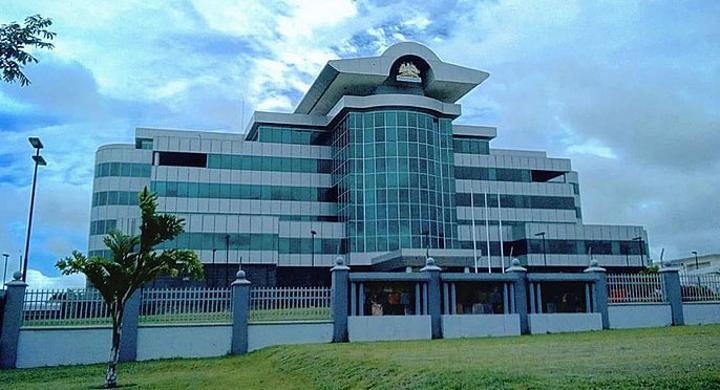Africa-Press – Malawi. The African Development Bank (AfDB) has said it expects the local economy to grow by 3 percent in 2025.
The projected growth is 1.2 percentage points better than the 1.8 percent growth recorded last year.
In its latest African Economic Outlook Report released during the bank’s annual meetings last week, the bank further predicted that the Malawi economy could grow by 3.8 percent next year.
AfDB says the growth will be driven by a recovery in agriculture and tourism, alongside gains from mining investments.
“On the demand side, growth will be bolstered by a rebound in exports and improved real incomes, supporting consumer spending and investment,” the bank says.
According to AfDB, inflation is expected to decline to 23.8 percent by 2026, reflecting better food supply conditions.
“The fiscal deficit is projected to widen to 9.3 percent of GDP in 2025 before narrowing to 8.6 percent in 2026, as strict expenditure controls offset the underperformance of public revenues.
“Although stronger economic activity and higher consumer demand are likely to increase imports, the current account deficit is projected to shrink to 17.9 percent of GDP in 2025 and 16.9 percent in 2026, supported by higher export earnings,” AfDB says.
The bank is quick to note that key risks to the outlook include United States reciprocal trade tariffs and aid cuts, delays in resolving the debt crisis and climate-related shocks, which it says could undermine fiscal stability, infrastructure investments and agricultural recovery.
In the report, outgoing AfDB president Akinwumi Adesina notes that with properly sequenced reforms, Africa can mobilise an additional $1.43 trillion in domestic resources from its diverse forms of capital—fiscal, natural, financial, business and human—to accelerate inclusive and sustainable growth.
At its recent Monetary Policy Committee (MPC) meeting, the Reserve Bank of Malawi trimmed GDP growth for Malawi for 2025 from 4 percent in October last year to 3.2 percent.
According to the MPC, the revision reflects weak agricultural performance due to delayed rainfall and prolonged dry spells in some parts of the country.
For More News And Analysis About Malawi Follow Africa-Press






